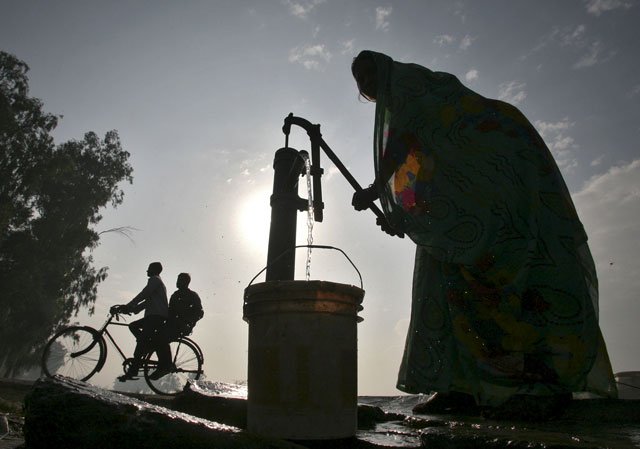
The past year was characterised by a plethora of challenges including a steep rise in inflation and a severe economic crunch but a prolonged drought compounded the matters for Rawalpindi, Islamabad and other surrounding regions.
The month of December, typically marked by intermittent downpours, witnessed an unprecedented absence of rain and snowfall in the three hilly tehsils of Murree, Kotli Sattian, and Kahuta.
Simultaneously, the Air Quality Index (AQI) in Rawalpindi and Islamabad surged to alarming levels. Rawalpindi recorded an air pollution index of 261, raising concerns among residents. Islamabad's air pollution rating reached 195, while other areas such as Murree, Attock, Jhelum, and Chakwal also experienced elevated pollution levels.
In the absence of rain, the air pollution index in Rawalpindi is projected to exceed the hazardous 300 level.
The Meteorological Department indicated a bleak outlook, with no possibility of rain in the next ten days.
Moreover, the prolonged dry and cold winter led to various health issues, including colds, coughs, sore throats, eye irritation, lung pain, fever, and itching. The three allied hospitals of Rawalpindi, including the DHQ Hospital, Benazir Bhutto General Hospital, and Cantt Hospitals, witnessed a surge in patients, with 4,000 to 4,500 individuals seeking medical attention daily.
Read: Drought sparks water shortage fears
The majority of patients were elderly and children, resulting in crowded outpatient departments (OPDs) early in the morning.
The drought extended its impact to surrounding areas like Adiala, Chakri, Jorian, Rawat, Kahuta Road, and GT Road areas, enveloping them in smog. The lack of rain contributed to dirt coating tree leaves while blowing dust into homes and workplaces throughout the day.
Private clinics in the region experienced a significant increase in patients, leading doctors to raise their fees from Rs250 to 350. These doctors capitalised on the demand for increased medical care.
In response to the deteriorating air quality and health concerns, Dr Inayat, the deputy medical superintendent of Benazir Bhutto Hospital, advised residents to protect themselves by wearing masks and consuming hot beverages.
He emphasised the importance of protective gear while riding a motorbike and cautioned against using ice cream and cold water. Urging prompt medical attention for itchy and swollen eyes, Dr Inayat recommended using hot water for hand and mouth hygiene and advised against leaving the house after sundown without complete cover.
The ongoing drought further exacerbated problems, causing a rapid decline in underground water levels and reducing water levels in the dams.
Published in The Express Tribune, January 13th, 2024.


1732569774-0/Baymax-(2)1732569774-0-165x106.webp)



1732012115-0/Untitled-design-(14)1732012115-0-270x192.webp)

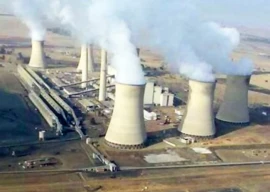
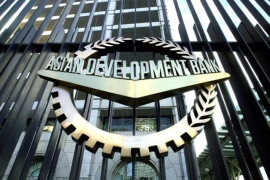
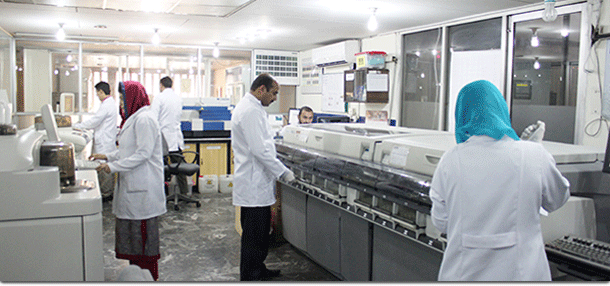
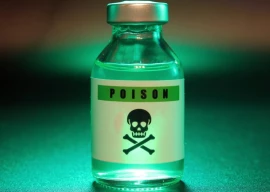
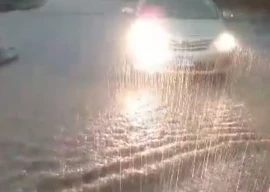

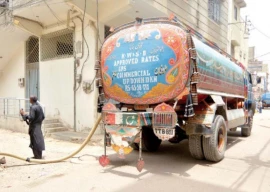






COMMENTS
Comments are moderated and generally will be posted if they are on-topic and not abusive.
For more information, please see our Comments FAQ